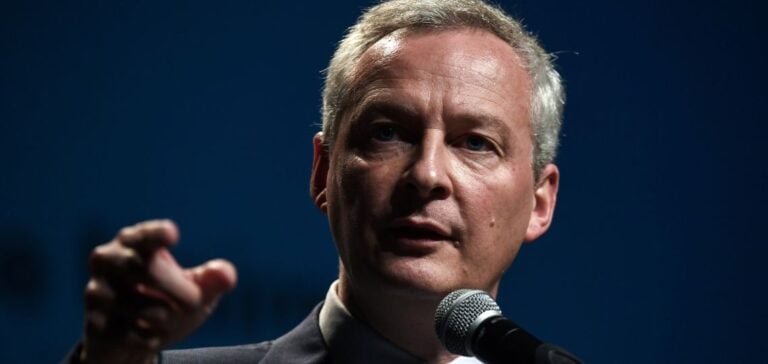Bruno Le Maire expressed his firm opposition on Thursday on BFMTV/RMC to moving TotalEnergies’ main listing from Paris to New York. He argues that maintaining the listing in France is in the supreme national interest. This comes after Patrick Pouyanné, CEO of TotalEnergies, mentioned a possible listing in New York due to a growing North American shareholder base.
CEO perspectives and political reactions
Pouyanné’s announcement underlines the growing disinterest of European investors in the oil sector, contrasting with a more pronounced interest on the part of American investors. The Minister, for his part, recalled the strategic importance of TotalEnergies for France, noting the company’s role in capping fuel prices.
Reflections on investment and shareholding
The CEO of TotalEnergies said that European regulatory constraints on sustainable investments are weighing on the attractiveness of European shareholders. At the same time, he observed that the appeal of energy company shares is stronger in North America than in Europe, a dynamic that could influence the final listing decision.
Implications for valuation and investment labels
TotalEnergies, with a performance comparable to Chevron’s, is valued well below its American counterpart due to this European reluctance. In France, the modification of the Socially Responsible Investment (SRI) label, which excludes companies exploiting certain fossil fuels, has also reduced local interest.
Future considerations and market reactions
The impact of the listing decision could reveal a growing imbalance between TotalEnergies’ European and North American shareholders. If European investors do not increase their stake, the balance could tip in favor of a US listing, despite political efforts to keep the company in France.
The battle to list TotalEnergies highlights the tensions between economic and political interests in France and the lure of American financial markets. The outcome of this debate could redefine transatlantic energy investment relations.






















